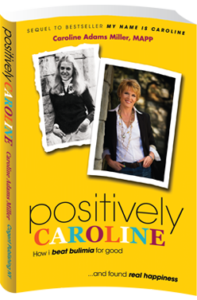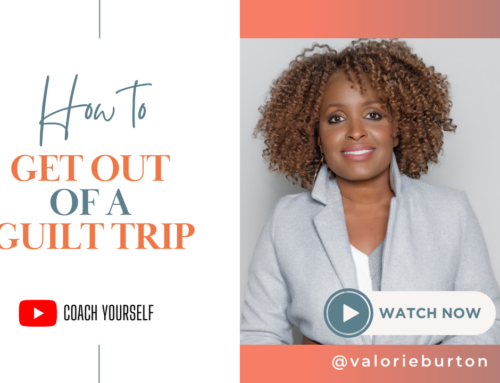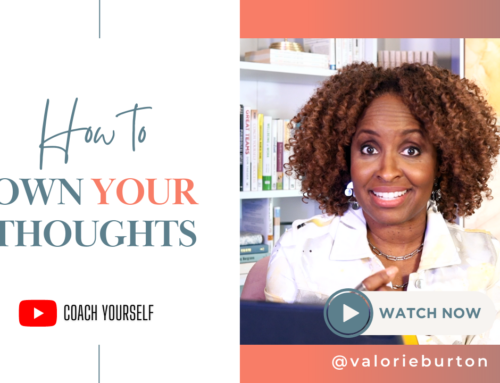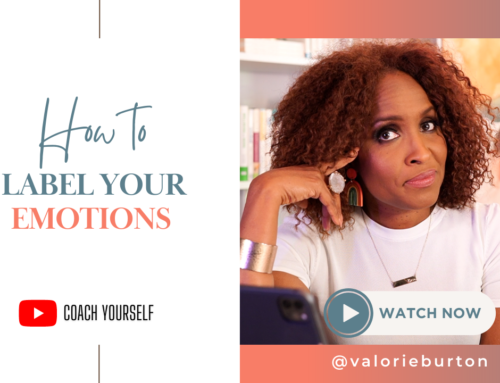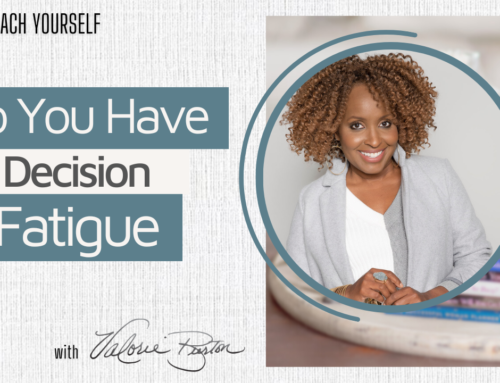Happy Thursday! I want to share a special blog post with you from a fellow Master of Applied Positive Psychology (MAPP) graduate and bestselling author, Caroline Adams Miller. I’m hoping that her story of hope and triumph will inspire one of my readers who may be facing a similar challenging situation. Learn how Caroline used gratitude, movement and connection, three of the 13 happiness triggers I write about in Happy Women Live Better: 13 Ways to Trigger Your Happiness Every Day, to facilitate long- term recovery during her struggle with bulimia.
Enjoy!
As National Eating Disorders Awareness Week begins (February 23 to March 1), I’ve been reflecting on how far eating disorder awareness has come since I stumbled into my first self-help meeting for compulsive overeaters, looking for what I’d never seen in my 8 years of bulimia – hope.
In February 1984, I was a lonely, scared and hopeless young woman who’d been hiding her bulimia since 9th grade from the world – from my swim coaches, my family, my friends, my Harvard roommates and everyone I’d ever worked with in a job. My surface was happiness, but my reality was depression.
Most significantly, I was newly married and had recently disclosed to my husband that he’d married a defective billboard and I was desperate to save my own life. I was presentable and accomplished, but behind the billboard face was a blank slate. I didn’t know who I was if I wasn’t a woman trying to achieve body perfection (whatever that meant).
My life changed one night not long after when I heard a normal-weight, attractive woman announce from across a room at a 12-step meeting for compulsive eaters that she was recovering from bulimia one day at a time.
She was what? Recovering? And talking about it without shame? My recovering life started that night, and the rest of that story is in “My Name is Caroline,” the first major autobiography about bulimia recovery (Doubleday 1988, to be re-released by Cogent in 2014).
To finish the story I started so long ago, I published “Positively Caroline” (Cogent 2013), which answers the most common question I’ve gotten since 1988: “Did you stay in recovery? And if so, how?” To share those answers, I must digress to the most important experience of my adult life.
In 2005 I was blessed to be among the first 34 men and women around the world who were admitted to the cutting-edge Master’s degree program in Applied Positive Psychology at the University of Pennsylvania. Although I ostensibly went to bring evidence-based flourishing to my coaching clientele, I walked away transformed in every way, including in my perspective on how happiness has been at the heart of my recovery.
- The practice of gratitude is at the heart of recovering programs, and I often heard I had to have an attitude of gratitude to see another healthy day. Positive Psychology research has found that gratitude is one of the most common habits of happy people.
- Social contagion theory finds that we “catch” the behavior of the people around us, and my recovery included changing my entire circle to include mostly people who were striving to achieve the same goals as I was.
- Happy people have high self-regulation because happy people go out of their comfort zones in pursuit of important, meaningful goals, which is impossible when you make is hard to say no to temptation. Roy Baumeister’s research on self-regulation has found that alcohol is the #1 deterrent to goal accomplishment because it destroys willpower, and when I stopped drinking 30 years ago I think I made it easier to succeed in many areas that have subsequently brought me greater joy.
- Another proven intervention is giving to others, and early on I was told that “you can’t keep what you don’t give away,” so I’ve always tried to share my story of hope with anyone who might benefit from hearing it, as well as simply listen when that was what mattered most. Adam Grant’s book, “Give and Take” is a wonderful study of how the happiest people are givers, not takers or matchers.
- Happy people play to their strengths and part of my recovery has meant doing more of what I was good at instead of just seeing myself as a collection of problems that would keep me in therapy forever.
- Peak-End theory shows that people remember experiences if they end well. This theory posits that when we are looking back on situations, we remember the “peak” of it and how it ended, so I decided to be proactive around the things that had ended badly because of my eating disorder. I returned to competitive swimming, piano and even school (through the Penn MAPP program) and created positive closure so that I wouldn’t have regrets any longer.
- Intense exercise, and particularly interval training, has been found to create lasting mood boosts, so I incorporated that type of exercise into my life in planned, but moderate, ways.
- Other people matter. One of the first things we learn in Positive Psychology is that the quality of our relationships with others is what dictates the quality of our lives. As a result, I have focused on spending as much time as possible with those who are most important to me, which means I say “yes” to every possible gathering whether it’s a birthday, a casual dinner or a quick coffee. Facebook and text messages are not substitutes for real relationships.
Anyone who’d like to read more about these topics, please visit either www.carolinemiller.com or www.positivelycaroline.com.
